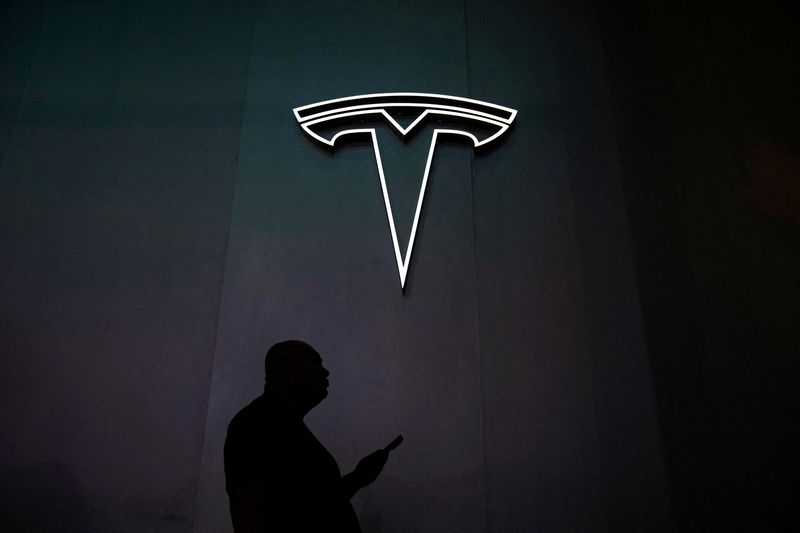Novo Nordisk, Eli Lilly fall after Trump comments on weight loss drug pricing
Investing.com -- Despite India’s new electric vehicle (EV) policy, Tesla (NASDAQ:TSLA) has decided not to produce cars in the country, according to a federal minister’s statement on Monday.
Meanwhile, Mercedes-Benz (OTC:MBGAF) and Volkswagen (ETR:VOWG_p) are considering the new policy for their operations.
Tesla has expressed interest in selling its cars in India, the world’s third-largest car market. However, the country’s high tariffs, identified by Tesla CEO Elon Musk as some of the world’s steepest, have discouraged the company.
On Monday, India finalized an EV policy aimed at reducing import taxes for foreign automakers willing to invest in domestic EV production. The policy, which took a year to develop, was initially designed to attract Tesla to establish manufacturing operations in India.
The updated policy allows companies to import a limited number of electric cars at a reduced import duty of 15%, compared to the current 70%, if they commit to investing $486 million in domestic EV production, according to the ministry of heavy industries.
Companies interested in this opportunity must establish a manufacturing facility in India and begin operations within three years of approval. They also need to meet certain local content requirements.
Domestic firms such as Tata Motors (NYSE:TTM) and Mahindra & Mahindra (NSE:MAHM) have already invested millions of dollars in local EV manufacturing and have opposed duty cuts.
As of 2024, India’s EV sales, led by Tata Motors, accounted for only 2.5% of the total car sales of 4.3 million. The Indian government aims to increase this percentage to 30% by 2030.
This article was generated with the support of AI and reviewed by an editor. For more information see our T&C.
